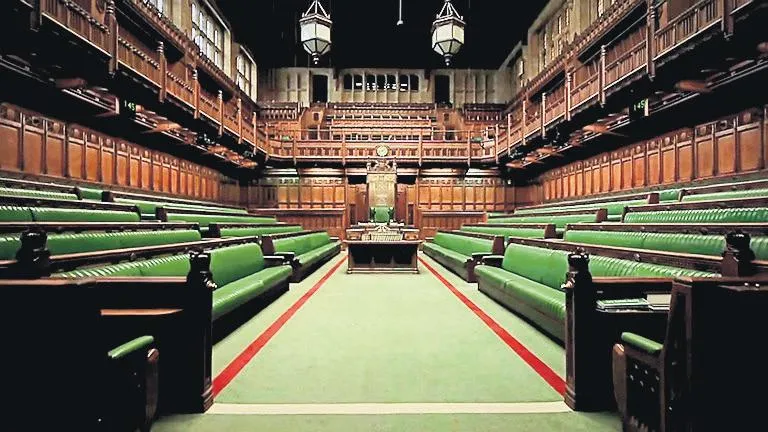So, we have a new Parliament and one that is also full of new faces and first-time MPs. In part, this is because many long-standing MPs decided to stand down and retire from front-line politics. But the changed nature of the Commons is also a reflection on a more fundamental shift in our politics.
It used to be the case that the great dividing line in British politics was left and right and people tended to vote on a class basis. Working-class voters tended to be more supportive of the Labour Party, while middle-class votes tended to shift towards the Conservatives. The electoral system supported a two-party system, with voters basically voting for one of two possible winners.
Yet the most recent election has demonstrated that the new dividing line in politics is no longer along class lines. Seats that have been traditionally Labour have ‘gone blue’, while seats historically associated with the Tories went to other parties. The new dividing line is now Leave or Remain. This is the true legacy of the EU referendum of 2016. We were asked a binary question back then and the result has been the polarisation of our politics.








Beware the ‘optimism bias’ over assisted suicide
If you have ever done a driver’s awareness course (yes, this is autobiographical), there is a section where the instructor …